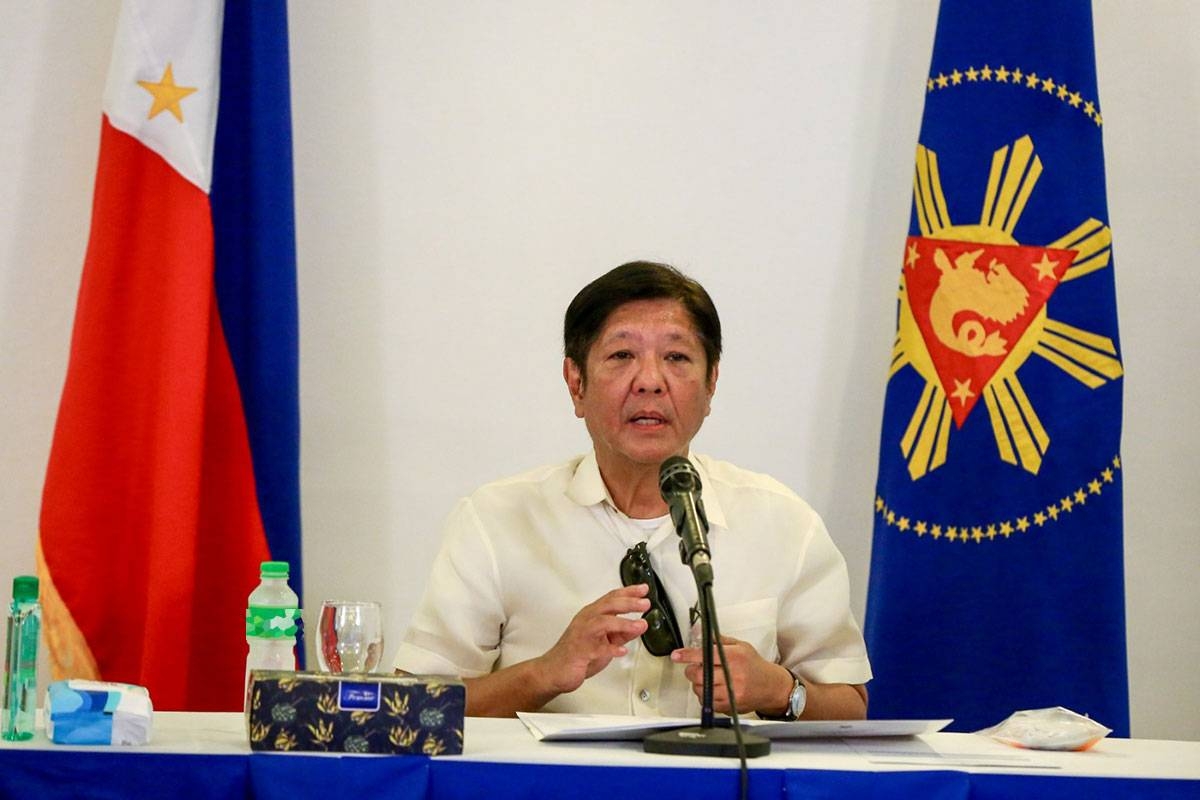President Marcos’ Efforts to Address Illegal Parking
Furthermore, President Marcos highlighted the need to focus on alternative solutions to address the issue of illegal parking in Metro Manila. He emphasized the importance of providing adequate parking spaces and improving the public transportation system to encourage motorists to follow the rules and regulations.
Construction of Multi-Level Parking Facilities
To achieve this, the president announced plans to invest in the construction of multi-level parking facilities in strategic areas across the city. These facilities will not only provide convenient parking options for motorists but also help decongest the streets by reducing the number of illegally parked vehicles.
Comprehensive Public Transportation System
In addition to the construction of parking facilities, President Marcos also mentioned the implementation of a comprehensive public transportation system. He acknowledged that the lack of reliable and efficient public transportation options often leads to the increased use of private vehicles, which contributes to the problem of illegal parking. By improving the public transportation system, the government aims to provide viable alternatives to private car usage, thereby reducing the need for illegal parking.
Educating the Public about the Consequences
President Marcos also stressed the importance of educating the public about the consequences of illegal parking. He announced plans to launch a widespread awareness campaign that would inform motorists about the negative impact of illegal parking on traffic flow and overall road safety. The campaign would aim to instill a sense of responsibility and encourage motorists to park their vehicles in designated areas to avoid fines and penalties.
Strict Enforcement of Parking Regulations
Furthermore, President Marcos expressed his commitment to working closely with local government units and law enforcement agencies to ensure strict enforcement of parking regulations. He emphasized the need for effective monitoring and enforcement measures to deter motorists from illegally parking their vehicles. This would involve deploying additional traffic enforcers and implementing advanced surveillance systems to identify and apprehend violators.
Collaboration with Stakeholders
The government will also be collaborating with relevant stakeholders, such as e-bike and e-trike manufacturers and associations, to develop and promote safer and more efficient models of these vehicles. This will not only improve the overall quality and performance of e-bikes and e-trikes but also contribute to the government’s efforts in reducing carbon emissions and promoting sustainable transportation.
Regulating the Use of E-bikes and E-trikes
President Marcos’ recent orders regarding the penalties for illegally parked vehicles and the use of e-bikes and e-trikes on national roads have sparked a significant debate among both local and international audiences. While some applaud his emphasis on discipline and individual responsibility, others argue that these measures may not effectively address the underlying issues of traffic congestion and road safety in Metro Manila.
Traffic Challenges in Metro Manila
To fully understand the implications of President Marcos’ decision, it is important to delve into the complex factors contributing to the traffic challenges in the capital region of the Philippines. Metro Manila is home to over 12 million people, making it one of the most densely populated areas in the world. The limited road infrastructure, coupled with the increasing number of vehicles on the road, has resulted in severe traffic congestion and prolonged travel times for commuters.
The Role of MMDA and MMC
The Metropolitan Manila Development Authority (MMDA) and the Metropolitan Manila Council (MMC) play crucial roles in addressing these transportation-related issues. The MMC, composed of the mayors of the different cities in Metro Manila, serves as the policymaking body, while the MMDA is responsible for implementing these policies.
Critics’ Perspectives
However, critics argue that this approach may not effectively deter illegal parking, as the current penalty may not be sufficient to discourage motorists from violating parking regulations. They contend that a more substantial increase in penalties, along with improved enforcement measures, would be necessary to create a significant impact.
Debate on the Use of E-bikes and E-trikes
President Marcos’ action regarding e-bikes and e-trikes also raises important considerations. While these vehicles offer an alternative mode of transportation, their use on national roads can pose safety risks to both the riders and other motorists. Critics argue that a complete ban on e-bikes and e-trikes on national roads may be necessary to ensure the safety of all road users.
Finding a Balance
In conclusion, President Marcos’ recent orders regarding the penalties for illegally parked vehicles and the use of e-bikes and e-trikes on national roads reflect his commitment to promoting discipline, road safety, and order in Metro Manila. While his emphasis on individual responsibility is commendable, it is crucial to consider the diverse perspectives and potential challenges associated with these measures. Striking a balance between discipline and practicality will be key in finding effective and sustainable solutions to the traffic challenges in the capital region.







